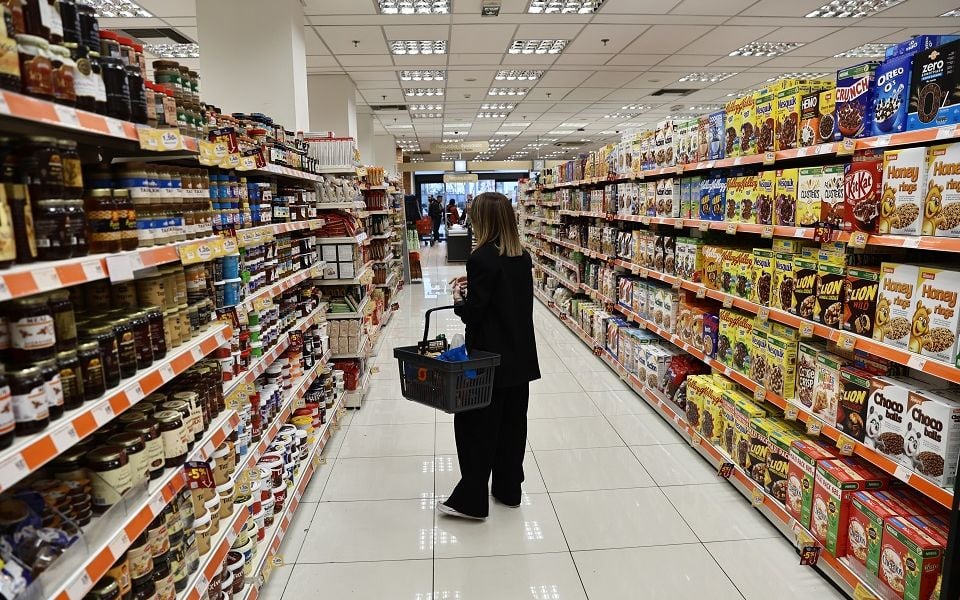The average monthly family expenditure of households in Greece remained far from the levels of the pre-crisis period last year, affected by lower incomes, but was up on 2023 in current prices, mainly due to inflation.
These are, after all, the main causes for the widening of the gap between the expenditure of the richest and poorest segments of the population. It is no coincidence that the lockdowns caused a reduction in the quantities consumed by households in basic food items such as olive oil, bread, dairy products and eggs.
According to the 2024 Household Budget Survey the Hellenic Statistical Authority (ELSTAT) published on Thursday, the average annual expenditure of households on purchases in the year 2024 amounted to 20,694.48 euros (€1,724.54 per month), growing 3.6% in current prices compared to 2023.
In constant prices, the average annual expenditure of households increased by 1%, or €213.55, due to inflation, according to the Consumer Price Index for 2024, which was 2.6%. Compared to 2008, the year before the financial crisis, the average annual expenditure of households was 16.6% lower in 2024. The average monthly expenditure at current prices was lower in 2024 even compared to 2011 (€1,783.86), when Greece was already in the streamlining process.
The largest part of the expenditure, 20.7%, was directed to food and non-alcoholic beverages, against 21% in 2023. However, in absolute terms, expenditure increased by 2.2% in 2024 against 2023. Some 14.4% of family budgets were directed to housing in 2024 from 14.2% in 2023, with the value of expenditure at current prices increasing 4.5% last year. Another 13.3% of expenditure concerned transport, 11.8% expenditure on food and on hotels and 7.8% on health. However for the poorest households 33.5% of their expenditure went to food and non-alcoholic beverages.
The increase in prices led to a decrease in the consumption of olive oil by 13.9%, eggs by 5.6%, alcoholic beverages by 5.5%, bread by 3.7%, and milk by 3.6%.

